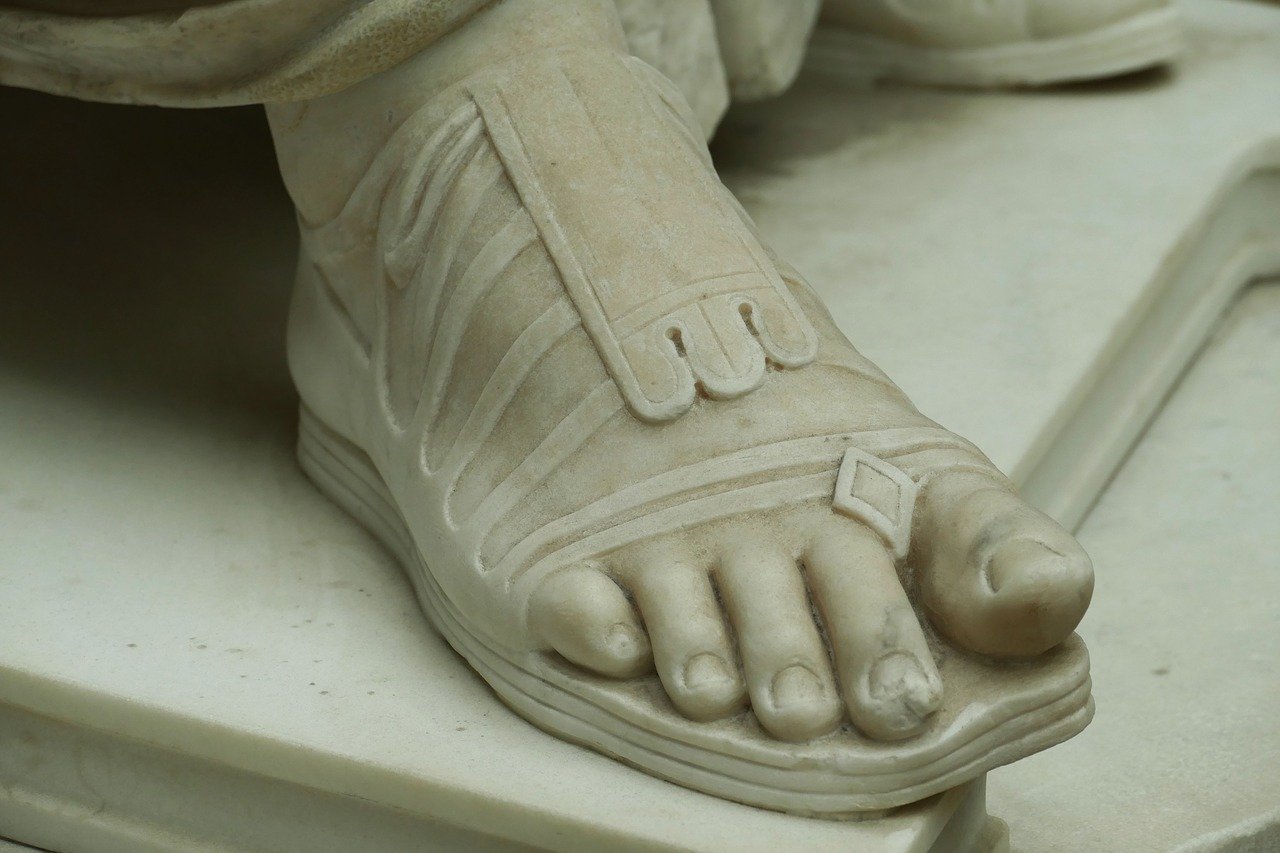Levirate marriage (yibbum) is the obligation of a surviving brother to marry the widow of his brother if he died without having sired children (Deuteronomy 25:5-6). The corollary is that the widow must marry a brother-in-law rather than anyone outside the family. The oldest of the surviving brothers had the first obligation to perform this commandment, which also allowed him to inherit all of his dead brother’s property.
What is my life going to be?
The explicit purpose of this commandment was to have the surviving brother produce an heir to perpetuate the name of his dead brother, so that it would not “be blotted out of Israel.”
The literal meaning of the biblical text implies that the firstborn child of a levirate marriage would be named after the dead brother, to carry on his memory. However, this is true only in the spiritual sense, for there was no requirement to name the newborn son after the dead brother.
The duty of levirate marriage was obligatory only on one who was alive at the time of the death of his childless brother; it did not apply to one born after his brother’s death. Furthermore, both brothers must have the same father. If either of these conditions was not fulfilled, the childless widow was immediately free to marry anyone she chose.
But what’s in it for her?
The institution of levirate marriage also served to protect the wife. In numerous verses, the Torah lumps widows with orphans and strangers as the disenfranchised members of society to whom special kindness must be shown. The situation of a widow without children was especially dire, for she had no one to care for her and provide material support.
The levirate law guaranteed her a new family, enhanced status, and financial resources. The most famous story about levirate marriage in the Bible is that of Tamar, who was an ancestor of King David (Genesis 38). After the death of his older two sons (who had both married her), Judah refused to allow his third son to perform this obligation with the childless Tamar. Eventually, Judah himself unknowingly fulfilled the commandment when he had relations with Tamar, and she subsequently gave birth to a child.
And if he refuses?
As an alternative, the surviving brother could perform halitzah (“taking off the shoe”) instead of levirate marriage (Deuteronomy 25:9). If the brother-in-law refused to marry the childless widow, she would (in the presence of the elders) take off his shoe– a symbol of mourning, since his failure to perform levirate marriage meant that his brother was now irrevocably dead.
She would then spit on the ground in front of him (indicating contempt), declaring that “thus shall be done to the man who will not build up his brother’s house” (Deuteronomy 25:9). From then on, the widow was free to marry anyone she chose.
Whereas in the Torah it is clear that levirate marriage is approved and halitzah is a shameful way out, the Talmud prefers halitzah (Bek. 13a). The Rabbis believed that the brother should marry his sister-in-law only out of a sincere desire to perform the commandment and not for monetary or sensual motives. However, they realized that such lofty thoughts are difficult except for the “most elevated people.”
Ashkenazi and Sephardi traditions
The two greatest medieval scholars took opposite points of view on this issue, with Maimonides favoring levirate marriage and Rashi preferring halitzah. This led to a split in the halakhah between the two traditions, with Sephardim following Maimonides and his preference for levirate marriage and Ashkenazim upholding Rashi’s view that halitzah supersedes it.
This dichotomy was not permitted in the State of Israel, where the rabbinate ruled in favor of halitzah and effectively outlawed levirate marriage. If the surviving brother refuses halitzah and insists instead on a levirate marriage, a court may compel him to perform halitzah and even threaten him with imprisonment if he fails to comply. The situation is similar in the United States, where Sephardic rabbis do not permit levirate marriage and require halitzah in all cases.
More controversies
The institutions of levirate marriage and halitzah may result in the widow finding herself “in limbo.” If the brother-in-law is under the age of 13 and thus not competent by reason of youth to perform either procedure, the widow is forced to wait until he reaches adulthood. If the brother-in-law is mentally incompetent to participate in halitzah under Jewish law either because he is insane or is a deaf-mute the widow becomes an agunah, a “chained woman” who is forbidden to marry anyone else.
Similarly, if the brother-in-law is known to exist but his location is unknown, or if he refuses to perform either procedure out of maliciousness or contempt for Jewish law (as with an apostate), the woman’s situation is like that of an agunah whose husband has disappeared or has refused to issue her a get, respectively.
If any of these problems apply, the Talmud requires that any other brother who was present and available must immediately grant the widow her freedom through halitzah. Nevertheless, in traditional circles, a man whose brother has converted or is said to be insane or a wanderer may be deemed so risky that it is difficult for him to arrange a good marriage.
Talmud
Pronounced: TALL-mud, Origin: Hebrew, the set of teachings and commentaries on the Torah that form the basis for Jewish law. Comprised of the Mishnah and the Gemara, it contains the opinions of thousands of rabbis from different periods in Jewish history.
Torah
Pronunced: TORE-uh, Origin: Hebrew, the Five Books of Moses.



